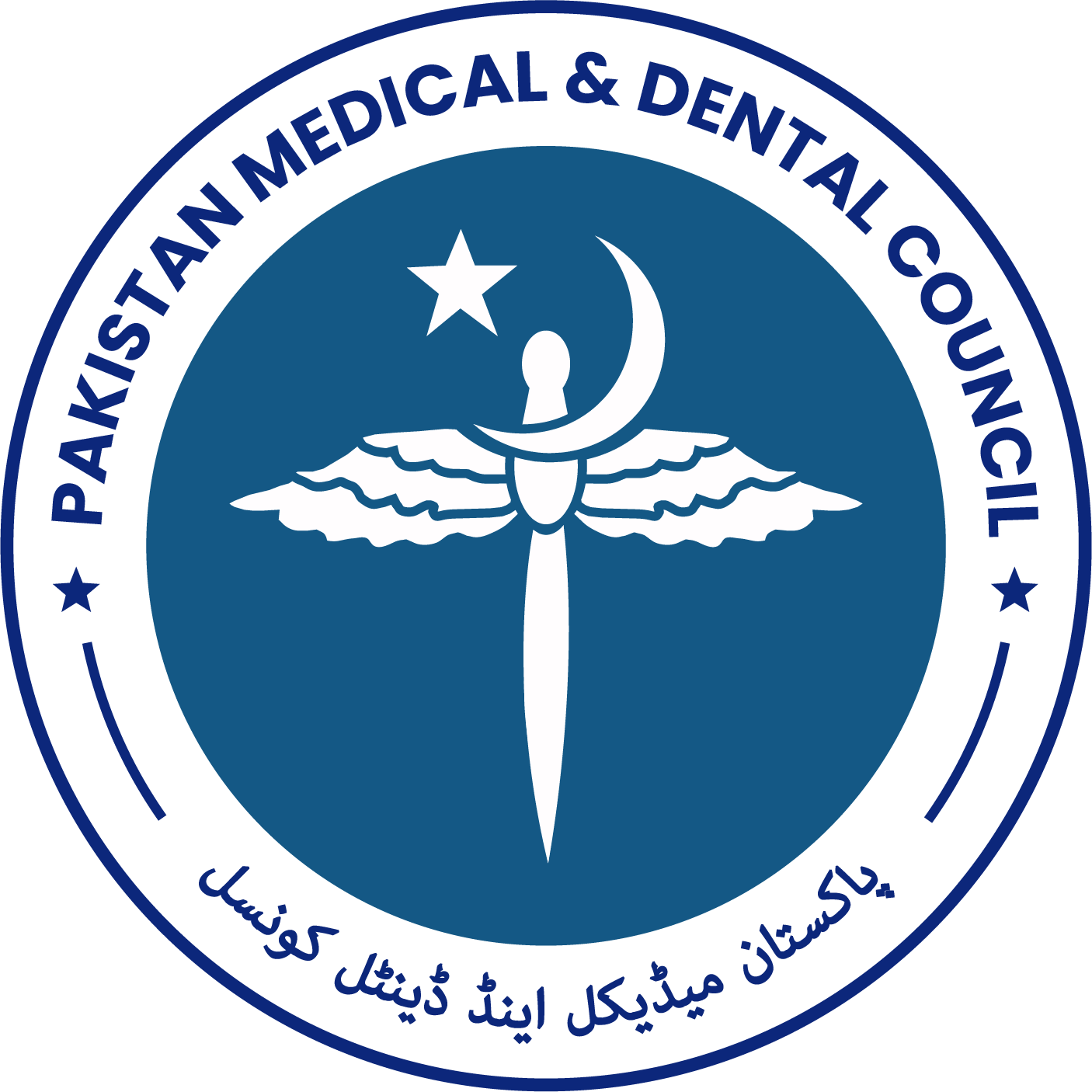Herpes Zoster (Shingles) Treatment
Herpes Zoster (Shingles) Treatment
Prices Last Updated 01 February 2024
 Postgrad from UK
Postgrad from UK
 Internal Med USA
Internal Med USA
 PMDC Reg
PMDC Reg
Do you have female staff?
Do you have female staff?
Yes, we have female and male both staffs available at site for assisting the dermatologist to fulfill his duties.
How to book appointment?
How to book appointment?
Clinic Opening Hours: 9 AM to 9 PM
Appointment Only: 9 AM to 2.30 PM
Walk-In Clinic: 2.30 PM to 8.30 PM
Couldn't load pickup availability
Herpes zoster, also known as shingles, is caused by the reactivation of the varicella-zoster virus (VZV), the same virus that causes varicella (chickenpox).
Primary infection with VZV causes varicella. Once the illness resolves, the virus remains latent in the dorsal root ganglia. VZV can reactive later in a person’s life and cause a painful, maculopapular rash called herpes zoster.
Clinical Features
People with herpes zoster most commonly have a rash in one or two adjacent dermatomes (localized zoster). The rash most commonly appears on the trunk along a thoracic dermatome. The rash does not usually cross the body’s midline. Less commonly, the rash can be more widespread and affect three or more dermatomes. This condition is called disseminated zoster. This generally occurs only in people with compromised or suppressed immune systems. Disseminated zoster can be difficult to distinguish from varicella.
The rash is usually painful, itchy, or tingly. These symptoms may precede rash onset by several days. Some people may also have headache, photophobia (sensitivity to bright light), and malaise in the prodromal phase.
The rash develops into clusters of vesicles. New vesicles continue to form over three to five days and progressively dry and crust over. They usually heal in two to four weeks. There may be permanent pigmentation changes and scarring on the skin.
Complications
Postherpetic neuralgia (PHN) is the most common complication of herpes zoster. PHN is pain that persists in the area where the rash once was for more than 90 days after rash onset. PHN can last for weeks or months, and occasionally, for years.
A person’s risk of having PHN after herpes zoster increases with age. Older adults are more likely to have longer lasting, more severe pain. Approximately 10 to 13% of people 60 years and older with herpes zoster will get PHN. PHN is rare in people younger than 40 years old. Other predictors of PHN include the level of pain and the size of rash.
Other complications of herpes zoster include:
- ophthalmic involvement (herpes zoster ophthalmicus) with acute or chronic ocular sequelae, including vision loss;
- bacterial superinfection of the lesions, usually due to Staphylococcus aureus and, less commonly, due to group A beta hemolytic streptococcus;
- cranial and peripheral nerve palsies; and
- visceral involvement, such as meningoencephalitis, pneumonitis, hepatitis, and acute retinal necrosis.
People with compromised or suppressed immune systems are more likely to have complications from herpes zoster. They are more likely to have a severe, long-lasting rash and develop disseminated herpes zoster.
Vaccination
Recombinant zoster vaccine (RZV, Shingrix) is the recommended vaccine to prevent shingles and its complications.
The Advisory Committee on Immunization Practices (ACIP) recommends Shingrix for adults 50 years and older. Immunocompetent adults 50 years and older should get two doses of Shingrix, 2 to 6 months apart, whether or not they have already had herpes zoster or previously received Zostavax®, which is no longer in use in the United States.
Shingrix provides strong protection against herpes zoster and PHN. Two doses of Shingrix are more than 90% effective at preventing herpes zoster and PHN. Protection stays above 85% for at least the first four years after vaccination.
Zostavax is no longer available for use in the United States, as of November 18, 2020.
Transmission
People with active herpes zoster lesions can spread VZV infection and cause varicella in people who have never had varicella or received varicella vaccine. Once varicella resolves, these people would be at risk of herpes zoster.
Active herpes zoster lesions are infectious, through direct contact with vesicular fluid, until they dry and crust over. People with active herpes zoster lesions should cover their lesions and avoid contact with susceptible people in their household and in occupational settings until their lesions are dry and crusted.
Share



Burhan Hussein, MD
MBBS, MD (USA), MACP (USA), MSc Dermatology (UK)
Member, American Medical Association
Member, American College of Physicians
Member, Royal College of Physicians
American Academy of Aesthetic Medicine
Commonly asked questions
Patients usually inquire about
How to book appointment?

Clinic Opening Hours: 9 AM to 9 PM
Dermatology Consultations:
7 days a week 4 PM to 8 PM (Appointment Only)
Plastic Surgery, Nutritionist, Physical Therapy available on appointment basis only.
Call Now: 0312 0588944 / 042-34556241
Aesthetic Consultations: 9 AM to 8 PM by Aesthetician FREE (If required by Dermatologist Look for rates below)
Dermatology Consultation Charges: (4 to 6 PM 2000 PKR), (6 to 8 PM 3000 PKR)
3rd Floor Centro 81 A, B-II, Off M.M. Alam Road, Opposite Dominos Gulberg 3, Lahore (Google Directions)
Guarantee of Cosmetic Procedures
📢 Important Advisory for Patients Considering Cosmetic/Medical Procedures
Dear Valued Patients,
We believe in providing you with the best care and guidance as you consider cosmetic procedures to enhance your well-being. It is crucial for us to ensure that you are well-informed and understand the nuances of these procedures, including their limitations and potential risks. Please take a moment to read and absorb the following points:
No Guaranteed Outcomes: It is essential to comprehend that no medical treatment or surgery can be guaranteed to result in absolute benefits or complete recovery. We want to emphasize that there are no guarantees of being "cured" or achieving specific outcomes.
Informed Decision Making: Prior to undergoing any cosmetic procedure, we encourage you to educate yourself about the procedure's details, potential risks, and anticipated outcomes. This empowers you to make informed decisions aligned with your personal goals and expectations.
Risk Considerations: No procedure is entirely risk-free. All medical interventions, including cosmetic procedures, carry inherent risks. Understanding and accepting these risks is a vital part of your journey towards achieving your desired results.
Doctor's Skill and Competence: We assure you that our team possesses the necessary expertise and competence in their respective fields. We commit to applying our skills with reasonable care and competence to ensure your safety and well-being.
Timing and Emotional Well-being: Optimal results from cosmetic procedures can be influenced by emotional factors. We recommend considering the timing of your procedure, especially in relation to major life events such as relocation, job changes, bereavement, relationship changes, or the arrival of children. Emotional stability contributes positively to your overall experience.
Your health and satisfaction are our top priorities. By acknowledging these points, you are taking an active role in your journey towards self-enhancement. If you have any questions or concerns, our dedicated team is here to provide you with the guidance you need.
Thank you for trusting us with your care.
How many sessions do I require?
The healthier your skin/hair are when starting out, the easier it will take the treatment. The sessions must be spaced to allow adequate healing in between. Skin/Hair that are healthy enough to regenerate fairly quickly will be able to endure more sessions of a treatment in a shorter period of time.
While these aren’t the only factors involved, they are the most common. Don’t be surprised, however, if your doctor mentions another situation that could impact the length and/or number of sessions you may require. Every person is different, and your circumstances will be unique only to YOU.






